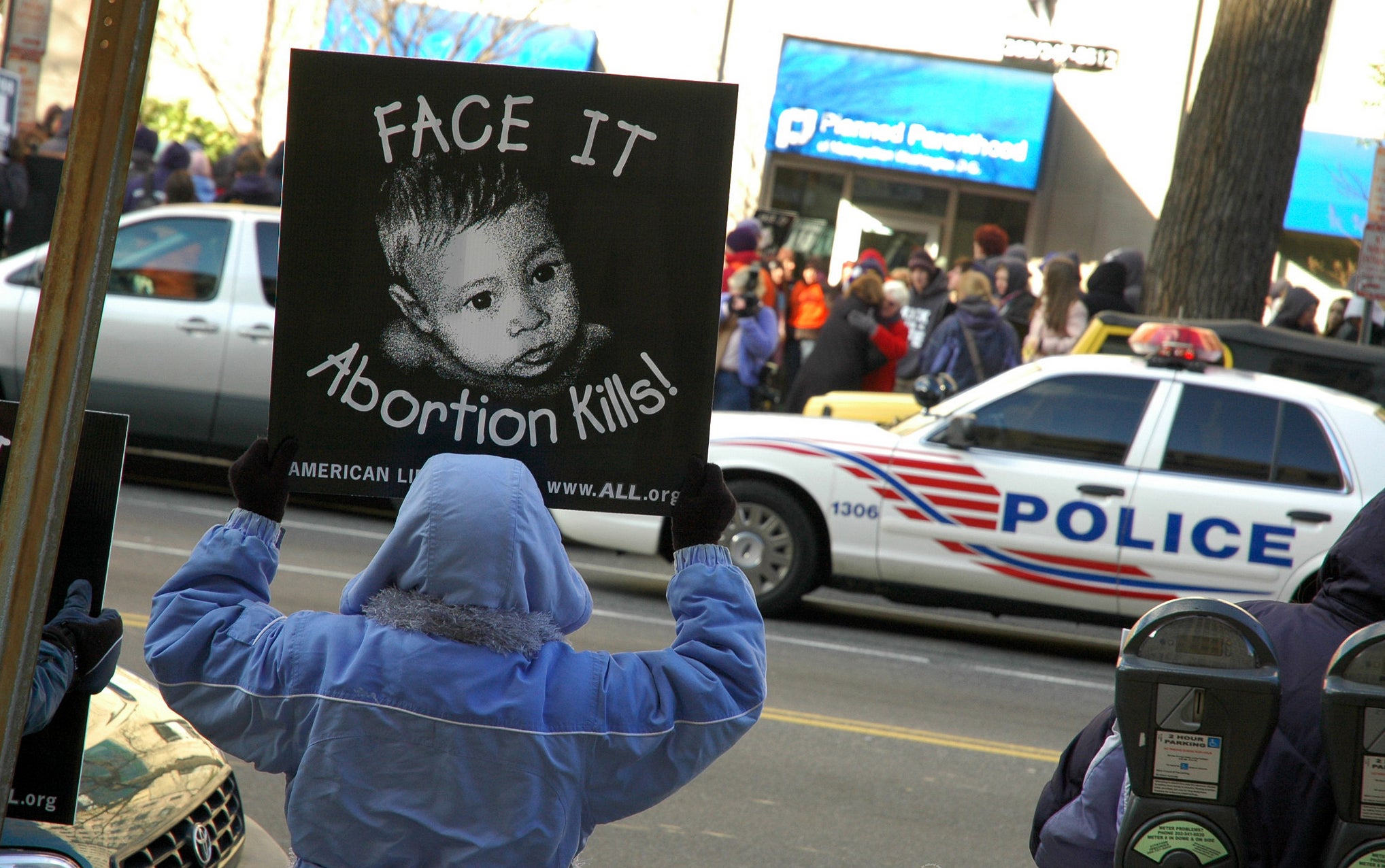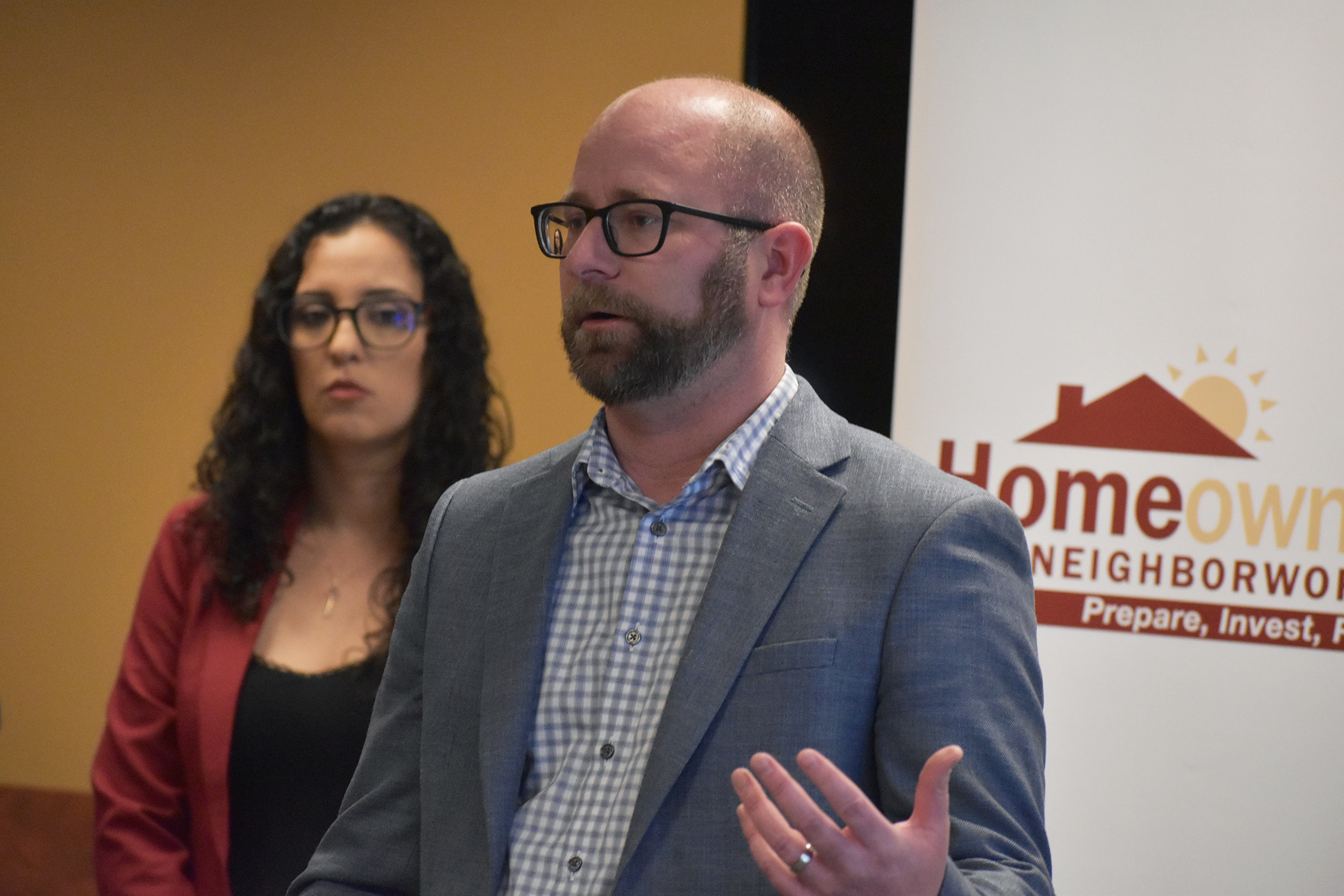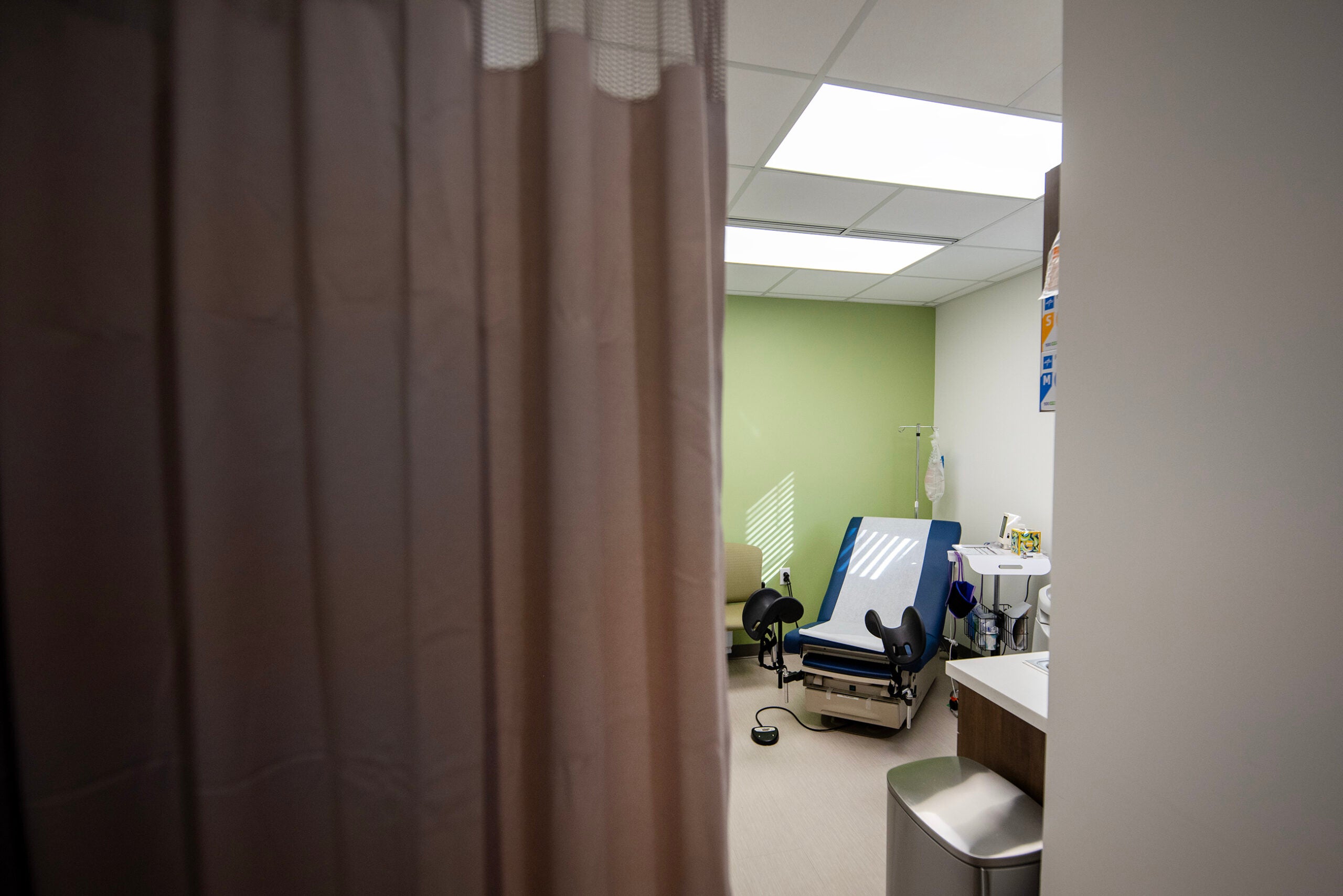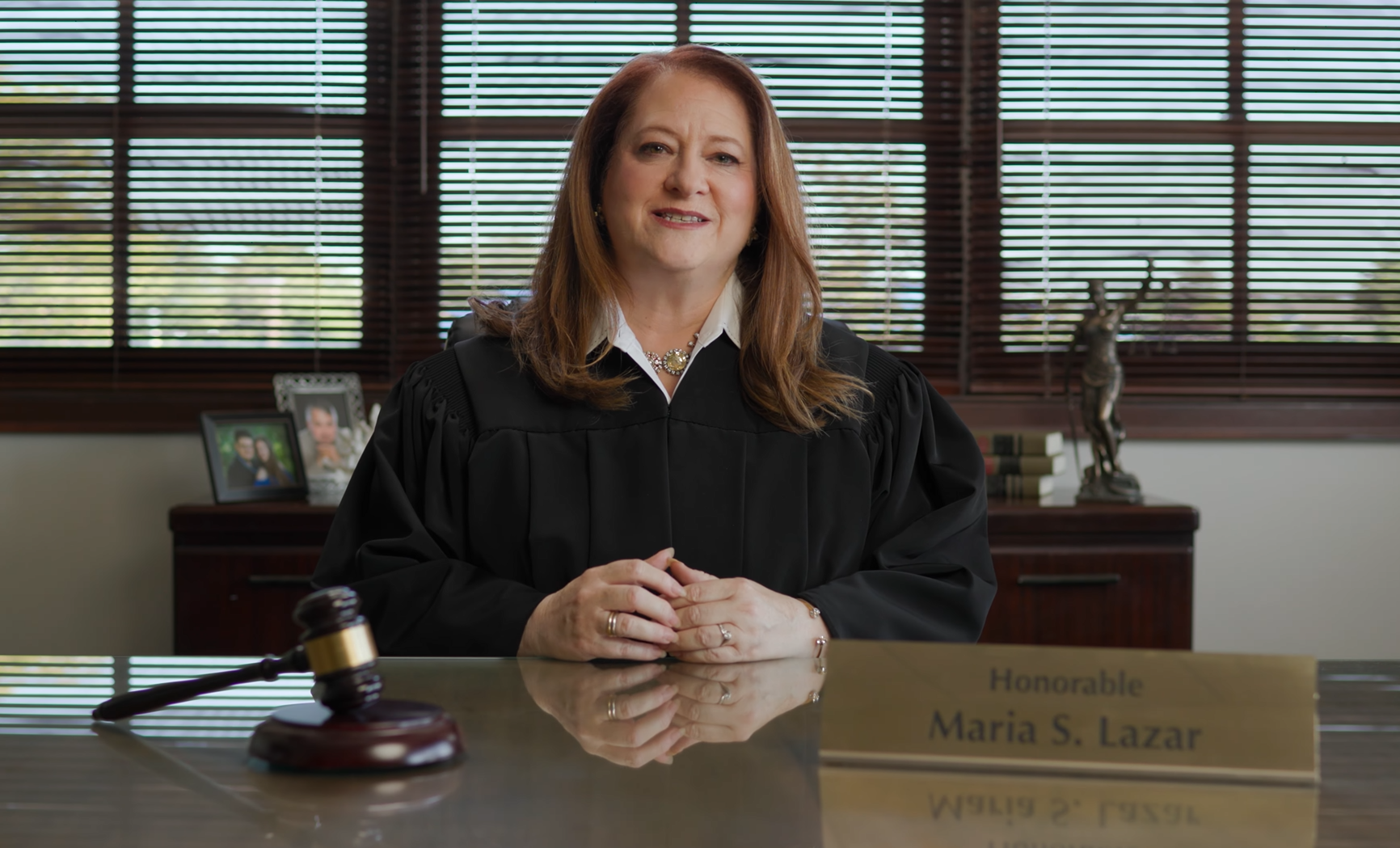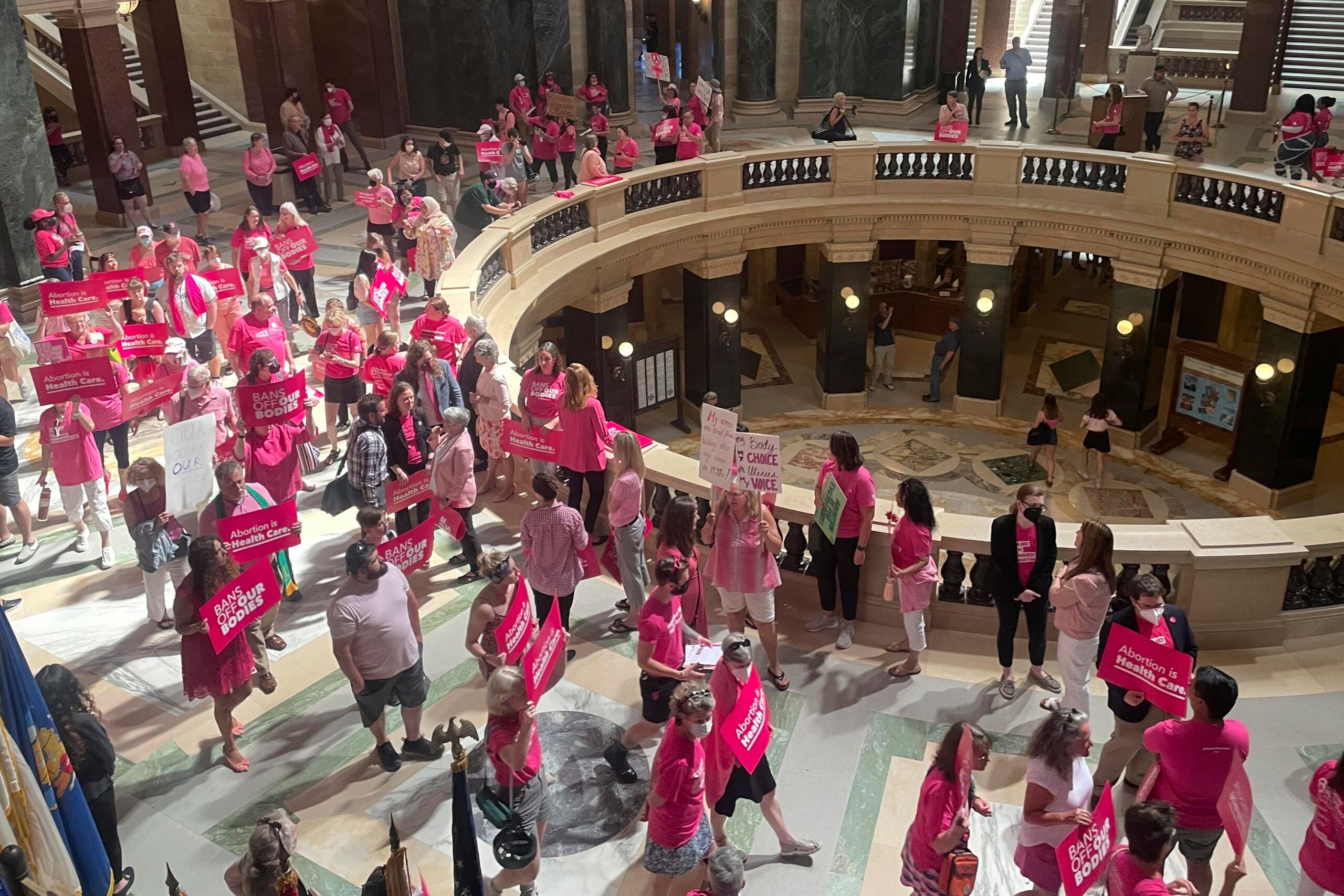A U.S. Supreme Court ruling striking down buffer zones for protesters around abortion clinics could have implications for a city of Madison ordinance that is being challenged in federal court.
The court’s ruling struck down a buffer zone law in Massachussetts that bars protesters from speaking with anyone within 35 feet of the clinic’s entrance. The unanimous ruling says such laws create a no-free-speech zone on public property that violates the First Amendment rights of anti-abortion protesters.
Madison recently enacted its own buffer zone ordinance that bars protesters from coming any closer than eight feet to patients as they enter abortion clinics. The law is currently being challenged in court by a coalition of anti-abortion groups.
News with a little more humanity
WPR’s “Wisconsin Today” newsletter keeps you connected to the state you love without feeling overwhelmed. No paywall. No agenda. No corporate filter.
State Rep. Chris Taylor (D-Madison), the former public policy director of Planned Parenthood of Wisconsin, said it’s too early to tell how this latest ruling will affect the ordinance. Taylor said the rule is based on a similar one in Colorado that was upheld by the U-S Supreme Court in 2000.
Taylor also said that the court has been increasingly willing to ignore precedents, and she’s worried about the impact of this ruling.
“It is a concern now,” she said. “Are these protesters going to be emboldened to once again step in front of women, grab at women, surround women, (and) block the entrance to the doors?”
Barbara Lyons of Wisconsin Right to Life said that she believes the ruling will very possibly result in the end of the Madison ordinance. She said that although her organization does not often sponsor protests, she’s pleased with the ruling.
“This is not Wisconsin Right to Life’s primary activity,” she said. “However, we do support people who want to exercise those free speech rights to protest the killing of innocent human beings inside the clinic.”
That trial over the Madison ordinance won’t take place until next year.
Wisconsin Public Radio, © Copyright 2025, Board of Regents of the University of Wisconsin System and Wisconsin Educational Communications Board.

